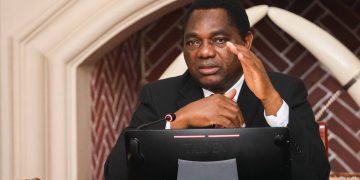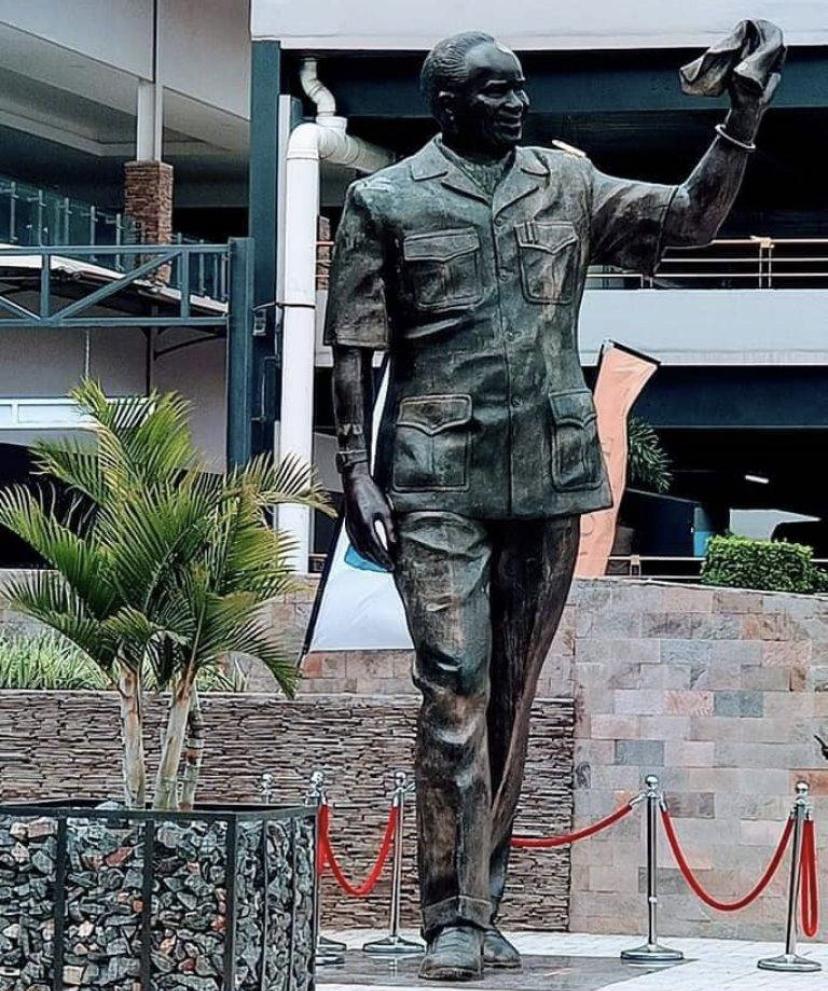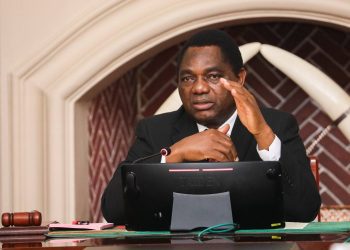Kaunda’s Legacy: The Rise and Fall of Zambia’s One-Party State
Kaunda’s legacy is a complex one, as he began his political career as a leader fighting for Zambia’s independence from British colonial rule, but later became an autocratic ruler of a one-party state. Despite this, Kaunda is also remembered as a statesman who peacefully handed over power to a democratically elected government in 1991.
Kenneth Kaunda, born in 1924, was a prominent leader in the fight for Zambia’s independence. In 1972, he declared Zambia a one-party state under the United National Independence Party (UNIP), with the goal of promoting unity, stability, and national development. Kaunda believed that multiparty democracy would lead to division and hinder progress and economic growth. However, his one-party state faced criticism for limiting political freedoms and stifling opposition voices. Despite his legacy as a liberation leader, Kaunda’s rule ultimately ended with the introduction of multiparty democracy in 1991.

Zambia’s political landscape was dominated by the United National Independence Party (UNIP) during the one-party state system, which was marked by restricted political freedoms. The government banned opposition parties and often detained and repressed political dissidents. The media was controlled by the government, and free speech and assembly were limited. This system was established under the leadership of Kenneth Kaunda, whose legacy includes both the rise and fall of Zambia’s one-party state.
The legacy of Kaunda, the first president of Zambia, is marked by the rise and fall of the country’s one-party state. While some praised the system for providing stability and unity, others criticized it for limiting political diversity and democratic expression. The lack of accountability and allegations of corruption and abuse of power by the government were also major concerns. Ultimately, the one-party state was dismantled in the 1990s, paving the way for a more democratic Zambia.

In reflecting on Kaunda’s Legacy and the rise and fall of Zambia’s one-party state, some argue that the decision made in 1972 was a necessary evil for the country’s national unity and cohesion. However, others may question the cost of such a decision on individual freedoms and democratic processes.
The Rise and Fall of Zambia’s One-Party State was shaped by a number of factors, including the country’s precarious position in a region plagued by conflict. In order to maintain peace and stability, the ruling party, UNIP, implemented a One-Party State system that eliminated the need for political parties to compete for power. While this approach provided continuity and allowed UNIP to focus on governing the country, it also raised concerns about the lack of democratic processes and the potential for abuse of power. Despite these challenges, Kaunda’s legacy as a leader who prioritized national unity and development remains a significant part of Zambia’s history.

One of these factors was the opposition of colonialist governments and their policies of racial segregation and discrimination. Ian Smith and his Selous Scouts, a special forces unit of the Rhodesian Army known for their unconventional warfare tactics, were likely looking for any opportunity to silence KK, who was a staunch opponent of these policies. Additionally, apartheid South Africa and the Portuguese in Angola and Mozambique may have played a role in attempting to destabilize Zambia. Despite these challenges, there were still claims that the 1980 coup attempt and the Mushala Uprising had the backing of South Africa.
While he is credited with leading the country to independence and promoting pan-Africanism, his one-party state also stifled political opposition and led to economic decline. The question of what would have happened if democracy had been prioritized instead of a strongman leader is a difficult one to answer, as we have seen in other countries where the fall of such leaders has led to instability and conflict. However, it is clear that Kaunda’s legacy continues to shape Zambia’s political and social landscape today.
Zambia’s first president, Kenneth Kaunda, introduced a one-party state in response to the inter-party violence and strong tribal politics that plagued early political parties in the country. Many of these parties were identified by their tribal affiliations, which hindered national unity and development. Kaunda believed that a one-party state would promote a sense of national identity and discourage politicians from using tribalism as a tool for political advancement. While this approach may have had some merit, it also had its drawbacks. Critics argue that a one-party state stifles political competition and can lead to authoritarianism. Nonetheless, Kaunda’s legacy in Zambia remains complex and multifaceted.
Kaunda’s legacy in Zambia is marked by both his rise to power and the eventual fall of the one-party state he established. Despite this, his commitment to unity, social justice, and development in Zambia and Africa is celebrated today. While he had his flaws, including his personal life as a musician, golfer, vegan, and lover of Betty, we must acknowledge his contributions and honor him on KK’s Day. In 1990, Kaunda repealed the one-party state and introduced multi-party democracy, leaving a lasting impact on Zambia’s political landscape.





































